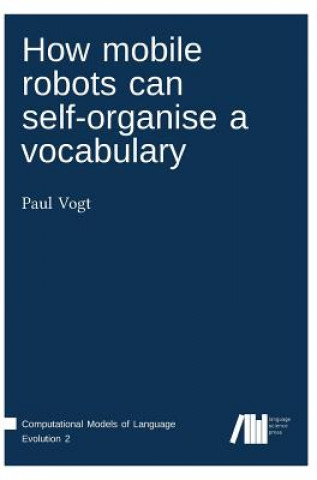
Kód: 12827263
How mobile robots can self-organise a vocabulary
Autor Paul Vogt
One of the hardest problems in science is the symbol grounding problem, a question that has intrigued philosophers and linguists for more than a century. With the rise of artificial intelligence, the question has become very ac ... celý popis
- Jazyk:
 Němčina
Němčina - Vazba: Pevná
- Počet stran: 288
Nakladatelství: Language Science Press, 2017
- Více informací o knize

Mohlo by se vám také líbit
Dárkový poukaz: Radost zaručena
- Darujte poukaz v libovolné hodnotě a my se postaráme o zbytek.
- Poukaz se vztahuje na celou naši nabídku.
- Elektronický poukaz vytisknete z e-mailu a můžete ihned darovat.
- Platnost poukazu je 12 měsíců od data vystavení.
Více informací o knize How mobile robots can self-organise a vocabulary
Nákupem získáte 82 bodů
 Anotace knihy
Anotace knihy
One of the hardest problems in science is the symbol grounding problem, a question that has intrigued philosophers and linguists for more than a century. With the rise of artificial intelligence, the question has become very actual, especially within the field of robotics. The problem is that an agent, be it a robot or a human, perceives the world in analogue signals. Yet humans have the ability to categorise the world in symbols that they, for instance, may use for language. This book presents a series of experiments in which two robots try to solve the symbol grounding problem. The experiments are based on the language game paradigm, and involve real mobile robots that are able to develop a grounded lexicon about the objects that they can detect in their world. Crucially, neither the lexicon nor the ontology of the robots has been preprogrammed, so the experiments demonstrate how a population of embodied language users can develop their own vocabularies from scratch.
 Parametry knihy
Parametry knihy
816 Kč
- Plný název: How mobile robots can self-organise a vocabulary
- Autor: Paul Vogt
- Jazyk:
 Němčina
Němčina - Vazba: Pevná
- Počet stran: 288
- EAN: 9783946234005
- ISBN: 3946234003
- ID: 12827263
- Nakladatelství: Language Science Press
- Hmotnost: 658 g
- Rozměry: 244 × 170 × 18 mm
- Datum vydání: 05. May 2017
Oblíbené z jiného soudku
-

Amigurumis - soft and cosy!
433 Kč -

GND PAW Plüsch 15 cm Everest
324 Kč -
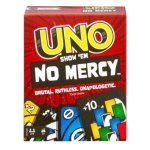
UNO No Mercy
531 Kč -

KLEINE PRINZ
129 Kč -

Trötsch Plüschpuppe Findus Kuscheltier
300 Kč -
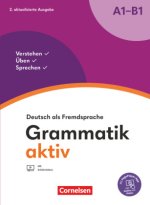
Grammatik aktiv - Deutsch als Fremdsprache - 2. aktualisierte Ausgabe - A1-B1
463 Kč -
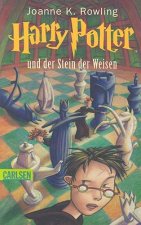
Harry Potter und der Stein der Weisen (Harry Potter 1)
262 Kč -

Amigurumis - small and sweet!
435 Kč -

Winnetou 1. Teil
1445 Kč -

Mein Kampf(German Language Edition)
652 Kč -

Mit Erfolg zum Goethe-Zertifikat C1
636 Kč -

Disney Rapunzel (Puzzle)
362 Kč -

Jujutsu Kaisen - Band 19
178 Kč -

Grammatik aktiv
608 Kč -
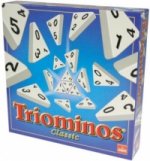
Triominos Classic
433 Kč -

Wir Kinder vom Bahnhof Zoo
262 Kč -

PAW PATROL Ryder Plüsch, 20 cm
299 Kč -
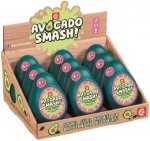
Avocado Smash
271 Kč -

GND PAW Plüsch 23 cm Skye
439 Kč -

GND PAW Plüsch 15cm Tracker
303 Kč -

Mit Erfolg zum Goethe C1. Testbuch + online
636 Kč -

Deutsch intensiv Wortschatz C1
468 Kč -

Schritte plus Neu 1
581 Kč -

Meine Reise durch Europa
280 Kč -

Duden 12+: Kennst du das? Meine bunte Kinderwelt (Würfel)
219 Kč -
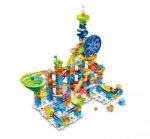
Marble Rush - Ultimate Set XL100 E
1754 Kč -

Beste Freunde Arbeitsbuch A1.2 mit Audio-CD
260 Kč -

Momente A2.2: Kursbuch plus interaktive Version
222 Kč -

Momente A2.2. Arbeitsbuch plus interaktive Version
222 Kč -

GDH Deluxe Room Cakeys Küche
728 Kč -
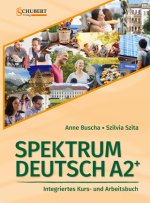
Spektrum Deutsch A2+: Integriertes Kurs- und Arbeitsbuch für Deutsch als Fremdsprache
777 Kč -

Mein Kampf(German Language Edition)
888 Kč -

Im Westen nichts Neues
310 Kč -

Deutsch für clevere Kids - 5 Wörter am Tag
410 Kč -

Super! 2/A2: učebnice a pracovní sešit + CD zdarma
463 Kč -

Auto-Katalog 2024
332 Kč -

Tarot-Kartenset: Magic Soul Tarot
572 Kč -

Tempo, kleine Fische!
212 Kč -
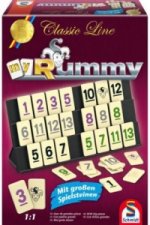
My Rummy
546 Kč -

Projekt C1 neu: Lehrerbuch mit Audios online
1096 Kč -
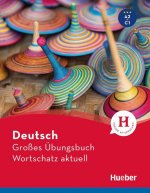
Deutsch Großes Übungsbuch Wortschatz aktuell A2-C1. Buch
785 Kč -
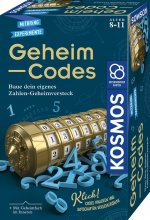
Geheim-Codes
294 Kč -
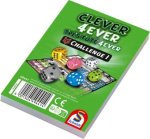
Clever 4ever, Challenge Block, 12 Stück
146 Kč -

Insel der blauen Delphine
198 Kč -

Der Vorleser
310 Kč -

Alpe Adria Radweg
449 Kč -

Hitster - Summer Party
589 Kč -

Prüfungstraining DaF - C1
665 Kč -
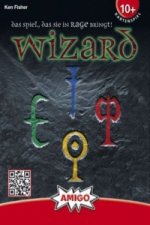
Wizard
215 Kč
Osobní odběr Praha, Brno a 12903 dalších
Copyright ©2008-24 nejlevnejsi-knihy.cz Všechna práva vyhrazenaSoukromíCookies



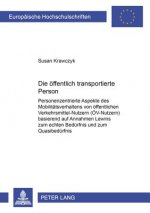


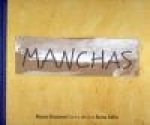
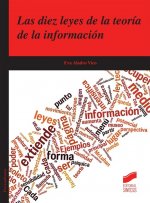

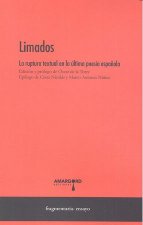
 Vrácení do měsíce
Vrácení do měsíce 571 999 099 (8-15.30h)
571 999 099 (8-15.30h)